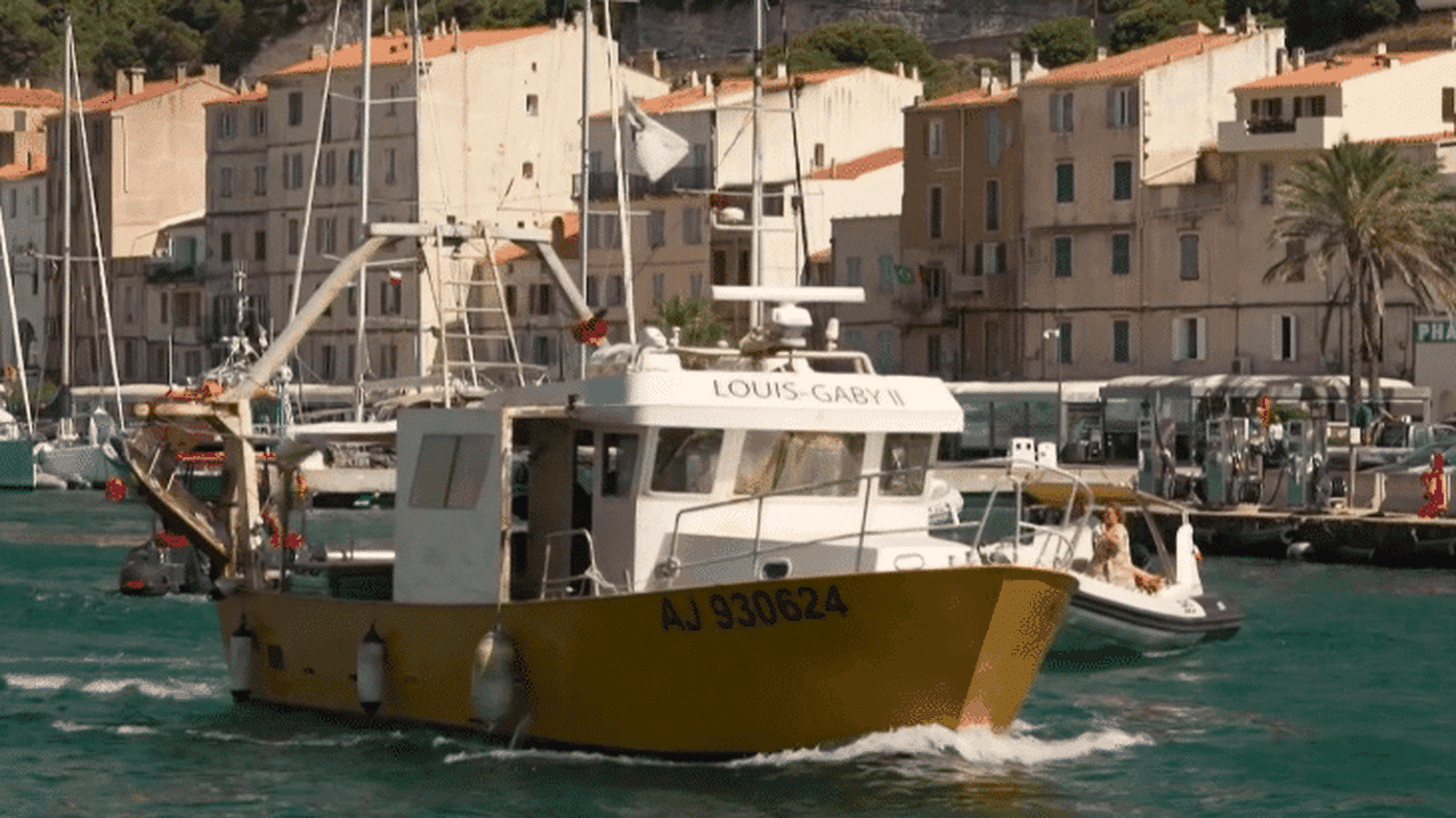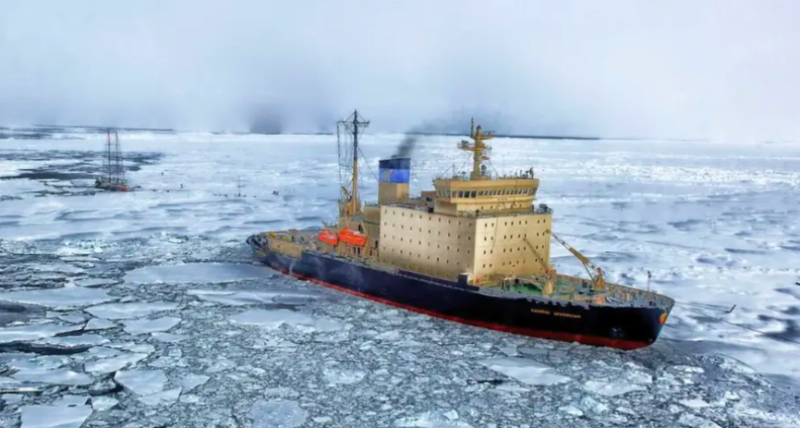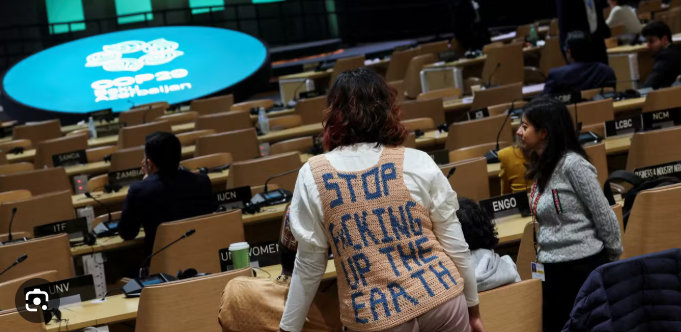Bonifacio, Corsica – A new measure banning bottom trawling in marine protected areas, announced in June by French President Emmanuel Macron, has sparked intense backlash among Corsican fishermen. While environmental NGOs welcome the move, local professionals say they were not consulted—and now fear for their livelihoods.
Returning to port in Bonifacio, Philippe Botti unloads crates of langoustines and shrimp from one of Corsica’s last remaining trawlers. “There’s around 45 kilos of langoustines and 6 or 7 kilos of shrimp,” he estimates. Just four years ago, he invested in this boat—an investment he now feels was in vain.
“They’ve announced exclusion zones, but we weren’t consulted. I don’t even know where these zones came from,” Botti explains. “Where I fish for shrimp near Propriano, I won’t be allowed anymore. This morning I was off Le Toro for langoustines, and that area’s banned too.”
A Presidential Commitment—And Local Uproar
The decision was made public at the One Ocean Summit in Nice, where President Macron stated:
« Bottom trawling and seabed scraping in the designated zones will indeed be banned. »
Bottom trawling, condemned by environmental groups as destructive to marine ecosystems, is now prohibited across large swathes of Corsica’s coastline. While the Élysée Palace claims local fishers were consulted, they quickly mobilized against what they see as a fatal blow to Corsica’s small-scale fishing sector.
“In Corsica, there used to be 26 trawlers—now we’re just four. If they paid me to scrap this boat, I’d do it. I’m fed up with all these regulations,” Botti vents.
Beyond Fishing: The Whole Local Economy at Risk
The impact of this ban extends to local restaurants that rely on the daily catch. At « La Caravelle » in Bonifacio, fresh Corsican seafood like langoustines and shrimp are a draw for tourists.
« The fact that it’s local fish makes all the difference—it really influences our choice of restaurant, » says one customer.
But if trawlers stop operating, restaurants fear losing access to fresh products.
« If our fishermen can’t fish, we lose our daily supply. With the logistics of getting goods to Corsica, we’ll be serving frozen products instead, » says Stéphanie Nicolai, a team member at La Caravelle.
« Right now, the seafood goes straight from the water to the plate. »
Science and Scale: Is the Ban Proportionate?
While conservation is critical, scientists from the Corsican Environmental Office (OEC) argue that small-scale Corsican fishing should not be equated with industrial operations elsewhere.
« Corsican fishing hauls 650 tons per year. That’s what a factory ship pulls in per day in the English Channel, » says Marie-Catherine Santoni, head of scientific monitoring at OEC.
« If there’s one form of fishing we should be protecting, it’s this artisanal, Mediterranean coastal fishing. »
The move is part of France’s commitment to meet EU targets: 10% of its maritime area must be under strong protection by January 1, 2026. But for Corsican communities, the cost of compliance may prove too high.
Source: franceinfo




